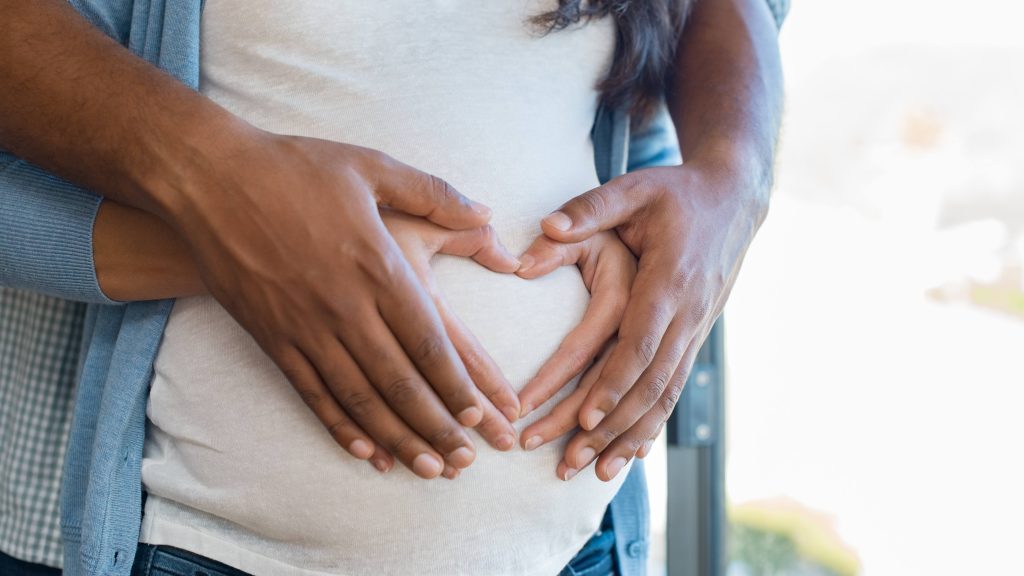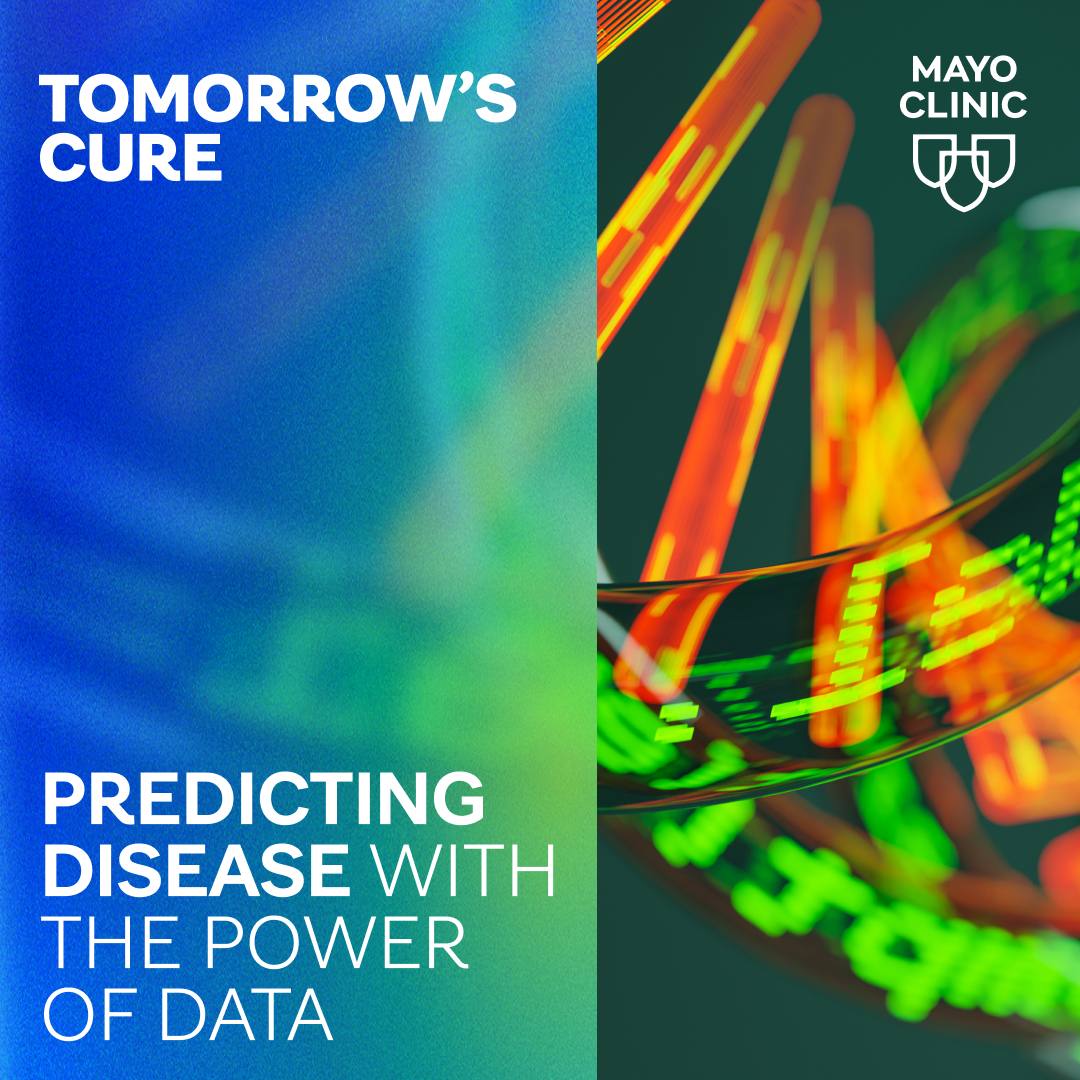
Using electronic cigarettes (vaping) during pregnancy isn't safe.
In recent months the Centers for Disease Control and Prevention has reported more than 1,000 cases of lung injury tied to vaping, mostly involving products that contain tetrahydrocannabinol (THC). The Food and Drug Administration recommends that pregnant people shouldn't use any vaping product, regardless of the substance.
Most electronic cigarettes (e-cigarettes) contain nicotine, which permanently damages a baby's developing brain and many other organs. E-cigarettes also contain a propellant — used to create vapor — and other harmful additives that might not be safe for your baby.
It's well known that smoking cigarettes during pregnancy can harm women and their babies. But research suggests that pregnant women who vape believe that using e-cigarettes is less harmful than smoking cigarettes. Pregnant women often don't know if their e-cigarettes contain nicotine. Some also might use e-cigarettes during pregnancy because of the perception that the devices can help them quit or reduce cigarette smoking.
While use of e-cigarettes might expose a growing baby to fewer toxins compared with those from regular cigarette use, nicotine exposure of any kind is harmful to a baby.
If you're pregnant and you smoke or vape, quitting is the best way to give your baby a healthy start. Start by consulting your health care provider for advice or seek counseling.
This article is written by Dr. J. Taylor Hays, director of the Mayo Clinic Nicotine Dependence Center and Mayo Clinic Staff. Find more health and medical information on mayoclinic.org.

Related Articles







